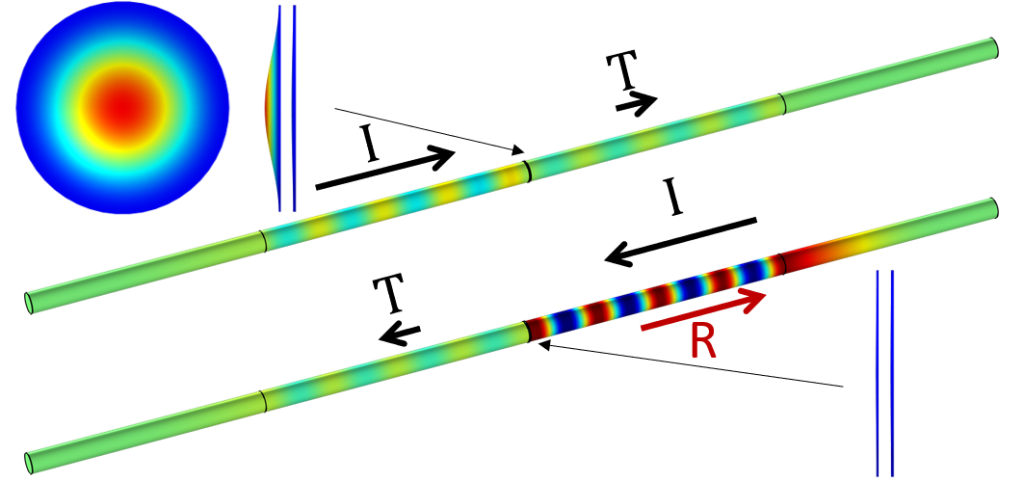Dr. Pavel I. Galich Joined our Faculty as an Assistant Professor in August 1st 2020, after completing his postdoctoral fellowship in Prof. Edwin L. (Ned) Thomas’s group at Rice University (Houston, TX, USA).He holds B.Sc. (2012) and M.Sc. (2014) degrees (both cum laude) in Applied Mathematics and Physics from the Department of Aerophysics and Space Research, Moscow Institute of Physics and Technology (PhysTech). His Master program included the student research visits to the University Centre in Svalbard (Norway) in 2012 and Paton Electric Welding Institute (Ukraine) in 2013-14. Pavel received his Ph.D. degree in Aerospace Engineering from the Technion in 2018. During his doctoral studies, Pavel was awarded Hillel (twice) and Merhav prizes, and Jacobs Scholarship (twice) for excellence in research. He also won the Aharon and Ephraim Katzir Study Grant (2017) from The Israel Academy of Sciences, which allowed him to work with Prof. Nicholas X. Fang at Massachusetts Institute of Technology (MIT), as a visiting PhD student. As a result of his doctoral work at the Technion, Pavel published 7 papers as the lead author and co-authored 6 papers in peer-review journals (J. Mech. Phys. Solids, Appl. Phys. Lett., Int. J. Solids Struct., J. Appl. Mech, to name a few), and presented his results at more than 10 international and Israeli conferences.
Dr. Galich’s research focuses on fundamental aspects of nonlinear mechanics of advanced composites and aerospace structures. Motivated by human mission for space exploration and by creation of morphing aircraft – the transformable vision of NASA – he develops new analytical approaches, numerical methods, and experimental apparatus for design and creation of novel functional (meta)materials that will enable realization of these ideas and help shape the air-transportation and space exploration of the future. Dr. Galich’s primary research interests are in phononics and passive non-Hermitian acoustic metamaterials (see figure below). His other research activities include investigation of elastic instabilities, dielectric elastomers (DEs), magnetorheological elastomers (MREs), and nonlinear mechanical properties of 3D-printed materials and structures for Unmanned Aerial Vehicles (UAVs).










